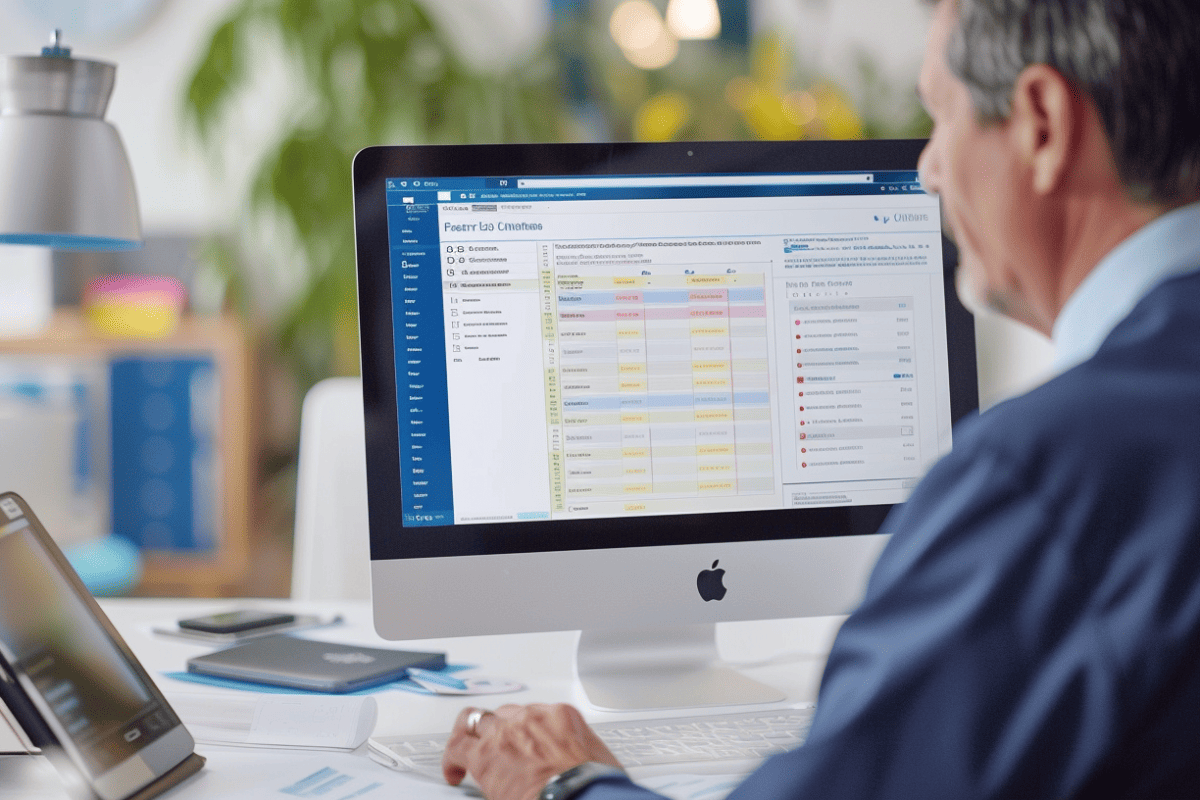Imagine having a doctor by your side at all times regardless of where you are!
Yes, you heard that right!! With the use of modern technology, not only can you connect and communicate with medical experts, but also receive 24/7 health support for a number of common ailments.
Sounds interesting? Let’s take a closer look.
What is Virtual Care?
Virtual care is a convenient way of seeing your doctor without having to actually visit the clinic. All you need is a smart phone, tablet, or a computer to connect with a certified medical provider and you too can get round the clock health support right at your fingertips.
There are many ways to do so- from audio calls to video calls, from messenger apps to health apps, and from emails, texts, and chat-boxes to various other means of digital communication. The point is by using digital technology and communication devices to your advantage, you can save both money and time to connect with certified medical experts at your own convenience.
Moreover, due to the ongoing Covid-19 pandemic, it’s not safe and feasible anymore to visit a health care facility often. And that makes virtual care even more promising as it can help both patients and staff in many ways. For starters, it increases the access to care, reduces the chances of being exposed to the virus, saves supplies such as PPEs, and other scarce facilities. Telehealth also makes it easy to order medicines from an efficient pharmacy such as 90daymeds.com so you don’t have to step out of your home.
With that being said, let’s go through the major benefits of virtual care and how it can help you as well as the whole medical community.
Benefits of Virtual Care
Virtual care offers plenty of benefits for both patients and health care professionals.
It’s a perfect option for those who live in rural and remote areas, have limited mobility, lack of time and transportation, or are away from their homes.
But that’s not it. Virtual care has many more advantages as it enables you to:
1. virtually meet and communicate with your doctor anytime from anywhere
2. request prescription refills to be sent to the pharmacy or chemist
3. manage chronic conditions with better self-care
4. treat urgent symptoms and risk factors
5. be regularly monitored by certified experts
6. get better access to personalized and high-quality care
7. schedule appointments
8. monitor and share test results and reports
9. get access to specialists and services not available in your area
10. and save money and time.
As you can see, virtual care does offer some solid advantages here as it’s convenient, low-cost, and most of all saves you from spending hours and hours of sitting restlessly in the waiting room.
As far as medical experts are concerned, virtual care helps them by:
– improving their access to specialists, lab technicians, and so on
– expanding their clinical networks and letting them work together
– enabling the doctors to monitor patients remotely
– and providing flexible means of delivering service and care to the needy.
Clearly, virtual care has all the potential to improve the quality of overall health care and its access to the global populace.
Nonetheless, it’s just one of the aspects of a far broader concept that revolves around improving the entire health care delivery system. Better known as Telehealth, it uses a wide variety of technologies and services to improve the online health care industry.
Virtual care is an important part of this system along with telemedicine, and telecare. Although, closely related, and despite working towards a common goal, they’re different in a sense that each has its own way of administering health care remotely.
So, while Telehealth refers to the entire provision of care and includes both clinical and non-clinical services, telemedicine is used for clinical services that can be delivered remotely by using software and communication platforms.
Tele health, on the other hand, is the use of communication technology to provide instant, continuous, and automatic support to patients from a distance.
Virtual Care and Telehealth
Virtual care, similar to telehealth, uses online communication channels to set-up virtual meetings between doctors and patients via audio, video or text chat for a number of purposes. This includes remote check-in, checking, monitoring, diagnosing, and following-up on conditions over the internet.
Although, virtual care is being mostly used for meetings, consultations, check-ins, reporting, and monitoring as of now, it shows enormous potential especially in the field of tele care which has more to do with instant in-depth diagnosis and treatment than non-clinical services such as meeting, training and learning,
The best part about virtual healthcare is that it can bring all the concerned individuals including, doctors, specialists, lab technicians, patients, etc., under the same roof for swift health measures.
Better collaboration between different parties would help get to a resolution quickly so that you can get the healthcare needed in a fast, easy and safe manner.
Moreover, with the rise of autonomous tools and technologies such as Artificial Intelligence, these solutions will only get better. Virtual care, in this context, can prove to be a fine line between life and death in life-threatening situations.
At present, virtual care offers full support for minor illnesses including allergies, flu, and infections. It can also be used for a number of
Getting connected with a virtual care representative is also pretty easy. Depending on your health care provider, you may get an online portal, software, or mobile app which you can use to get through to a doctor.
Once you log into it, it may ask you a specific set of questions related to your health. Upon answering, the service connects you with a doctor, specialist, or nurse, who can then prescribe medications and self-care strategies based on your information.
These portals and apps not only help you connect with a medical advisor, but also lets you organize your personal information. As a result, you can store your health info, vitals, calories intake and burn ratio, set-up reminders for medicine, schedule or reschedule online appointments, and record the quality of your day-to-day physical activities such as walking, sleeping, and so on.
All-in-all, virtual care and the likes of tele-health, seem pretty effective in treating patients remotely as it uses some of the most advanced communication anVirtual care, similar to telehealth, uses online communication channels to set-up virtual meetings between doctors and patients via audio, video or text chat for a number of purposes. This includes remote check-in, checking, monitoring, diagnosing, and following-up on conditions over the internet.
Although, virtual care is being mostly used for meetings, consultations, check-ins, reporting, and monitoring as of now, it shows enormous potential especially in the field of tele care which has more to do with instant in-depth diagnosis and treatment than non-clinical services such as meeting, training and learning,
The best part about virtual healthcare is that it can bring all the concerned individuals including, doctors, specialists, lab technicians, patients, etc., under the same roof for swift health measures.
Better collaboration between different parties would help get to a resolution quickly so that you can get the healthcare needed in a fast, easy and safe manner.
Moreover, with the rise of autonomous tools and technologies such as , these solutions will only get better. Virtual care, in this context, can prove to be a fine line between life and death in life-threatening situations.
At present, virtual care offers full support for minor illnesses including allergies, flu, and infections. It can also be used for a number of
Getting connected with a virtual care representative is also pretty easy. Depending on your health care provider, you may get an online portal, software, or mobile app which you can use to get through to a doctor.
Once you log into it, it may ask you a specific set of questions related to your health. Upon answering, the service connects you with a doctor, specialist, or nurse, who can then prescribe
medications and self-care strategies based on your information.
These portals and apps not only help you connect with a medical advisor, but also lets you organize your personal information. As a result, you can store your health info, vitals, calories intake and burn ratio, set-up reminders for medicine, schedule or reschedule online appointments, and record the quality of your day-to-day physical activities such as walking, sleeping, and so on.
All-in-all, virtual care and the likes of tele-health, seem pretty effective in treating patients remotely as it uses some of the most advanced communication and digital technologies in our favor.d digital technologies in our favor.
This post has been sponsored by Mednow
Digital Health Buzz!
Digital Health Buzz! aims to be the destination of choice when it comes to what’s happening in the digital health world. We are not about news and views, but informative articles and thoughts to apply in your business.


